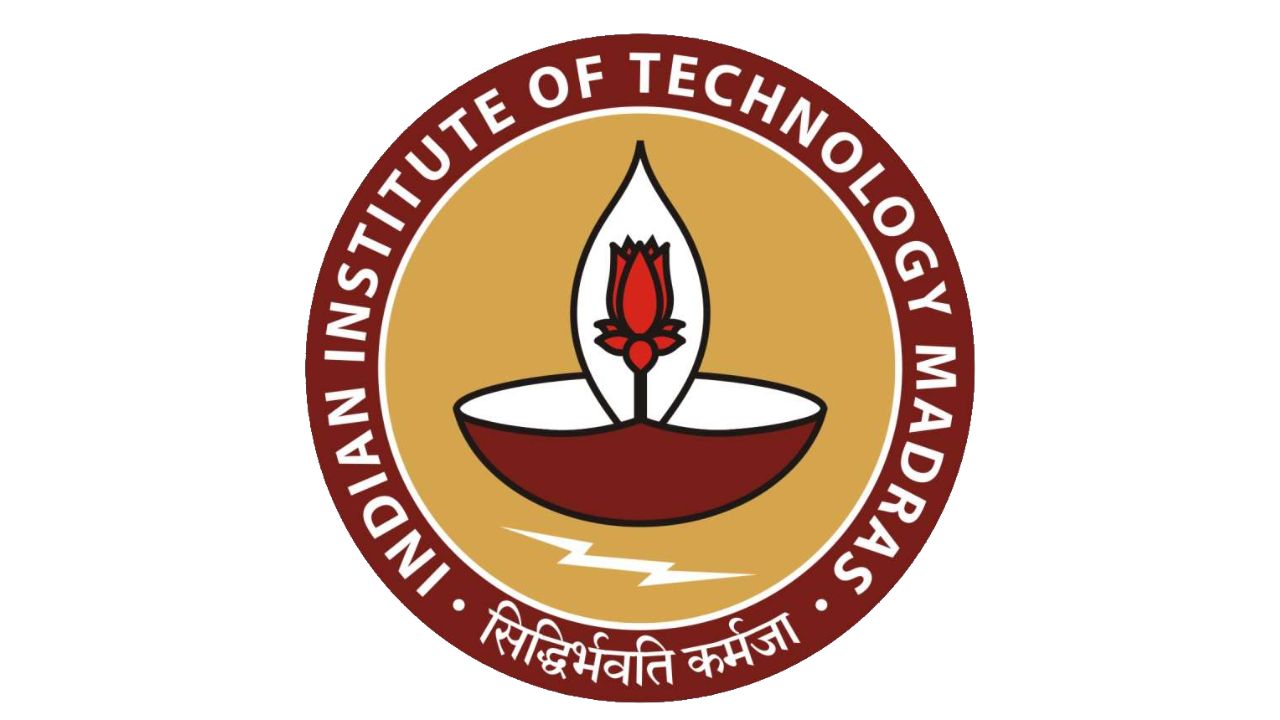Read-To-Lead is an initiative of Pro MFG Media to interact with the authors of business books to learn from their literature and experiences.
Procyon Mukherjee spoke about his latest book, "The Search for Value in Supply Chains – Redefining Value in Times of Crisis.” The book is about the journey of the author over 34 years in the field of supply chains that spanned continents and covers several aspects of global supply chains and the puzzles around them.
Pro MFG Media: What is the genesis of the book, The Search for Value in Supply Chains? What inspired you to write this book?
Mr. Mukherjee: In a career span of 40 years, I have worked with every aspect of supply chain management such as operations planning, manufacturing, logistics, and procurement in the upstream and downstream. My entire career has been a journey of learning, which I shared with my peers. I have penned down all the puzzles we solved together as a team and eventually realized that I should share all these experiences in a concise form, through a book. The objective is to share the experiences with the supply chain practitioners and leaders so that they will be able to comprehend the puzzle much better.
The genesis of this book is to help supply chain management professionals to understand the complex puzzles related to their job functions, and how some companies, with their efficient teams, have solved many pieces of the puzzle. I did not intend to outline the book in some textbook form but desired to encapsulate all the learnings in an interesting manner that will inspire the generations. The book tells stories of ordinary people who have solved these puzzles in various domains such as operations, logistics, or the demand/supply side.
Pro MFG Media: Could you share with us the idea behind the intriguing subtitle of the book: Redefining Value in Times of Crisis?
Mr. Mukherjee: We have witnessed that value is defined in numerous ways and is multidimensional. The beauty of this concept keeps changing with the context and circumstances. The world has realized that every aspect reconfigures in the time of crisis, thus a particular situation that could have been able to resolve with a particular solution would not work in the current time. The unpredictability is now a part of our life and, even though the pandemic has created disruptions in every aspect of human life but, it has also opened doors to new thoughts and innovations.
The supply chain management space has been completely reconfigured the ways with which, earlier the puzzles were solved. The global supply chain system was built on the principles of economics, which said that even in the absence of competitive advantage, there would be a simple flow of goods and supplies.We have started to rethink our supply chain system due to the disruption created by the pandemic, and numerous organizations have started to relook at localizing a few of the solutions. Being a fan of rethinking and inventing new solutions, I would suggest organizations reconsider the solutions easily available which we have been conveniently ignoring. Such practices create opportunities for local communities and provide a platform for learning and developing their capabilities.
I do believe that the competitive advantage we are building for the future does require excellent facilities and infrastructures but, we also need to build people's capabilities in the local setup and create learning opportunities, which is the core concept of developing innovations in a small setup. The value lies in the smaller communities, hence making them essential in the overall supply chain system.
Pro MFG Media: According to you, what are the key takeaways from this book? And who is your target reader?
Mr. Mukherjee: The supply chains are a complex system since it incorporates the organization of different functions such as manufacturing, distributing, planning, and efficient logistics, which is a complex equation, and thus it is essential to simplify the equation. The book aims to help the readers to simplify all such complex systems and understand the coordination of several disciplines and functions.
The book is about leaders and practitioners, but it is also about someone starting fresh in the industry. It is essential to understand the supply chain concepts in the overall space, as it is critical for growth. Readers must realize that being efficient is the basic hygiene of supply chain management. I would endeavor to ignite the ideas in the young minds who are capable of making our country better.
NEWSLETTER
TRENDING ON PRO MFG
MORE FROM THE SECTION









